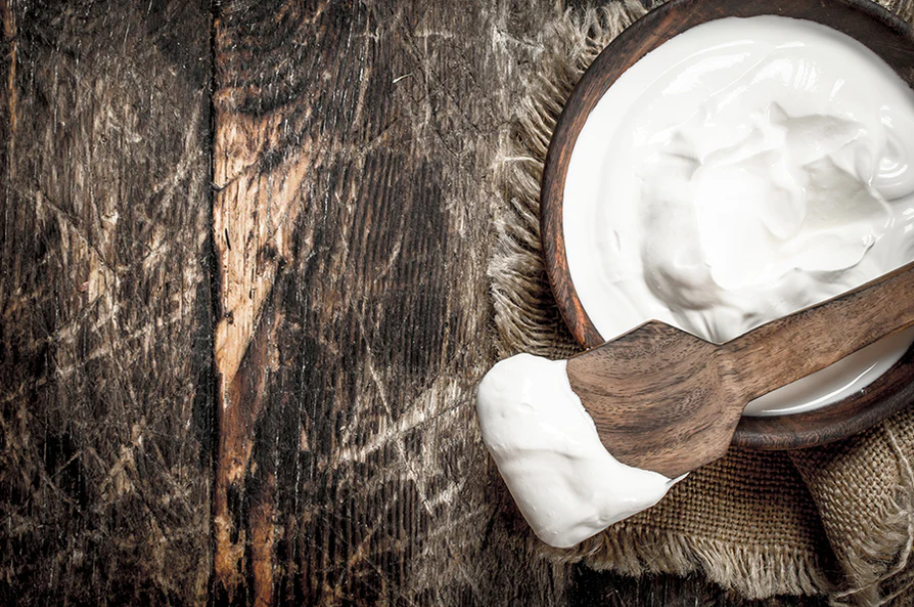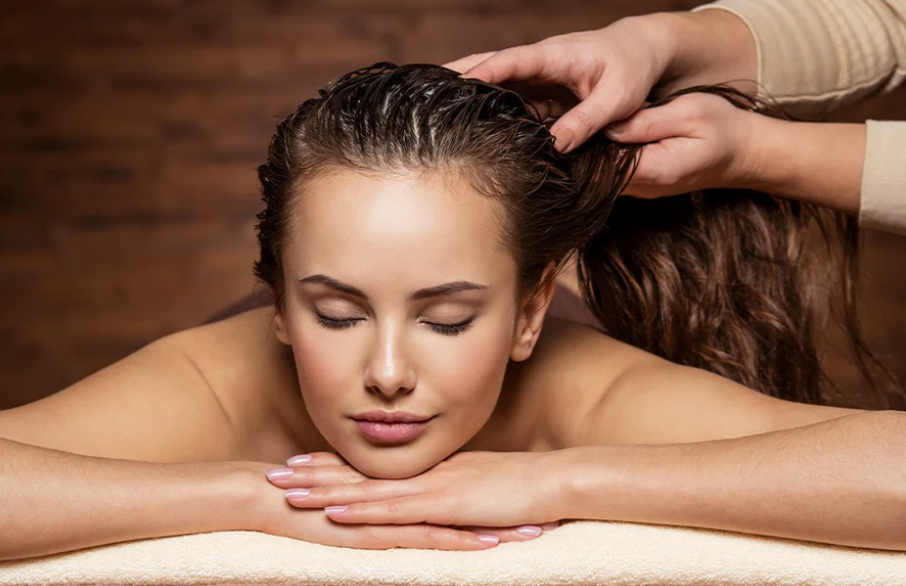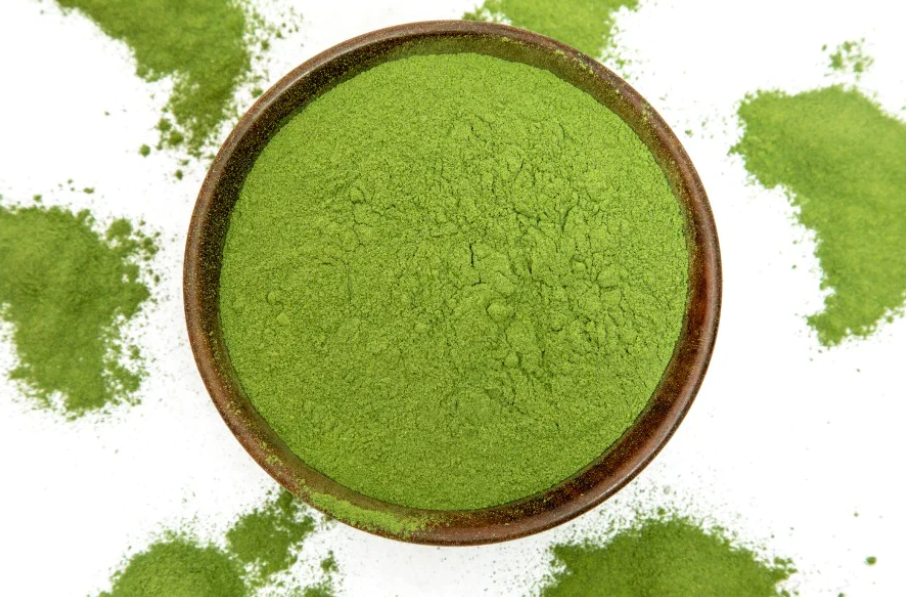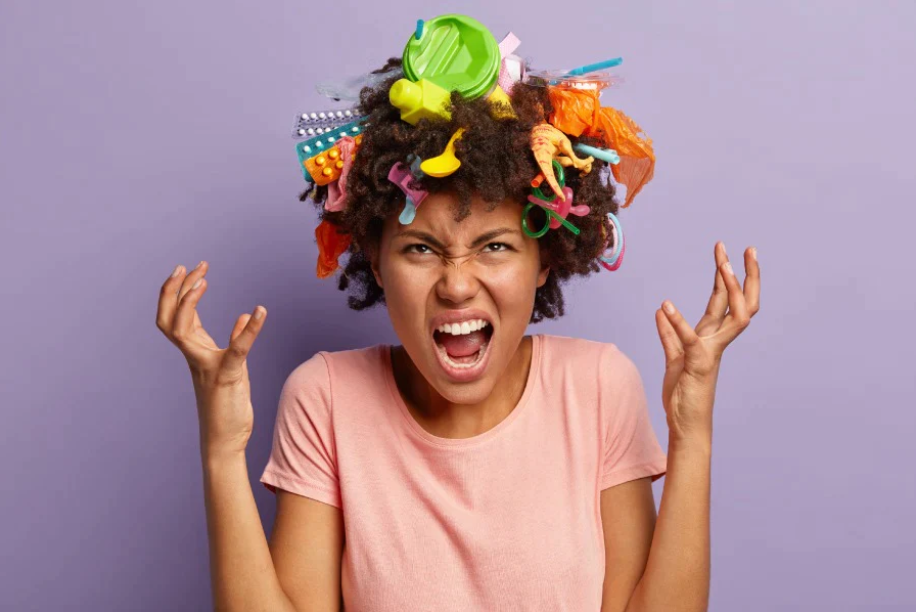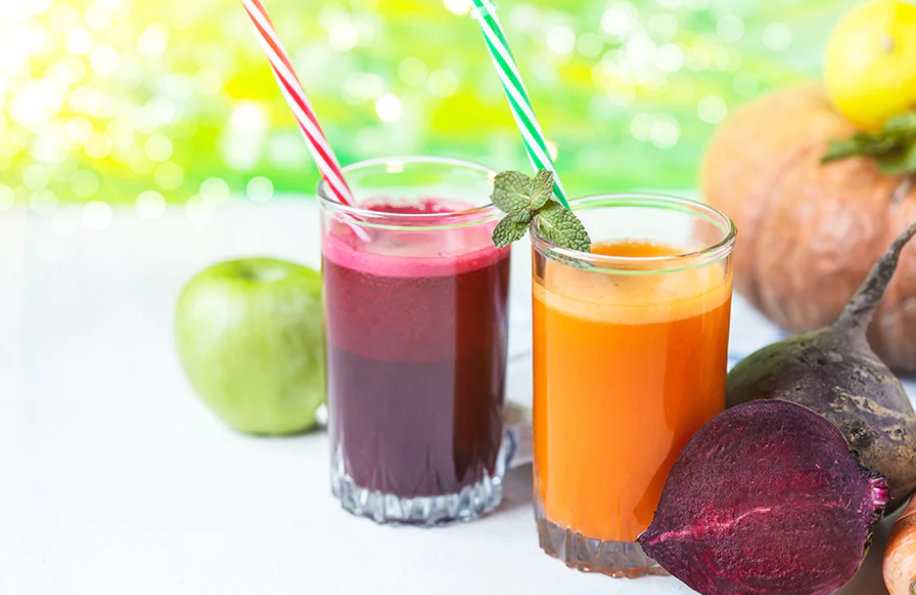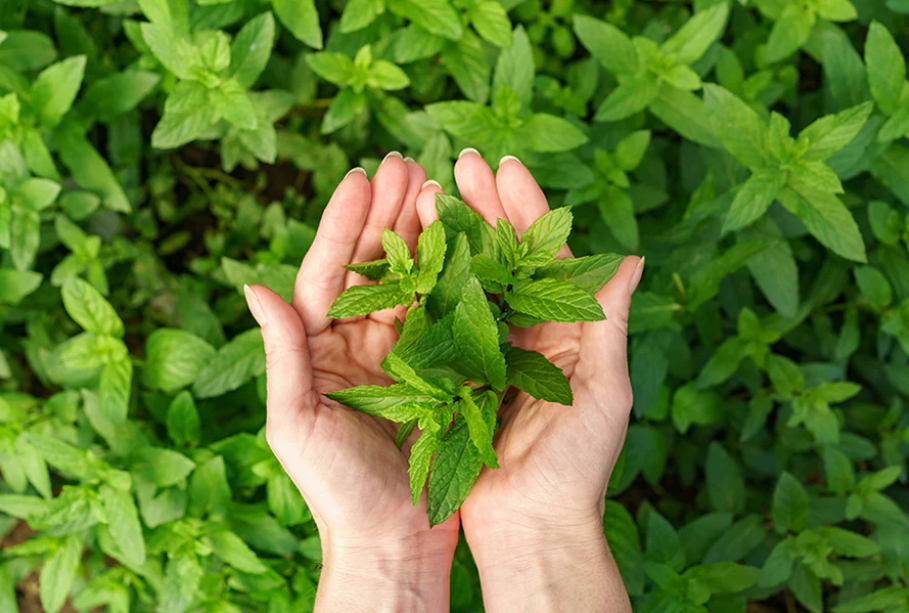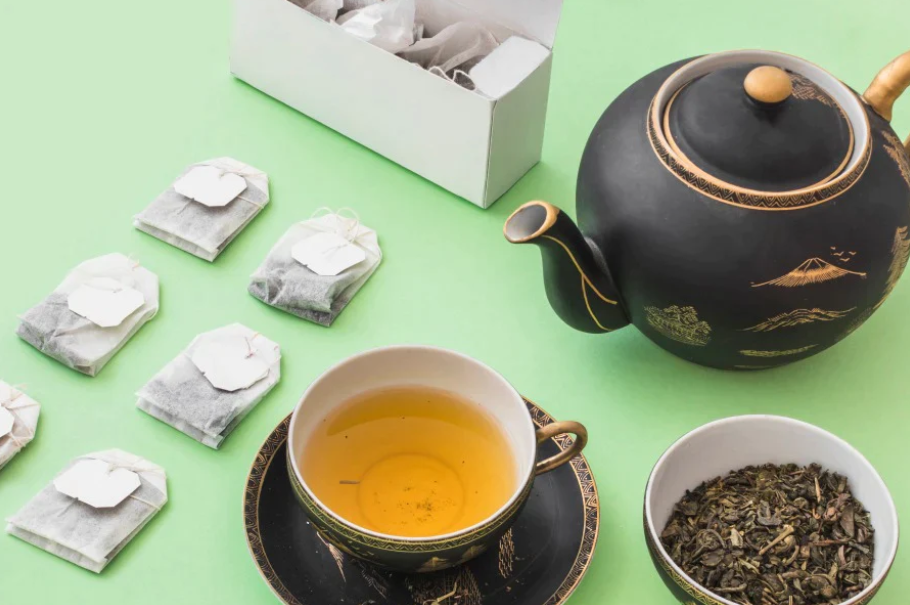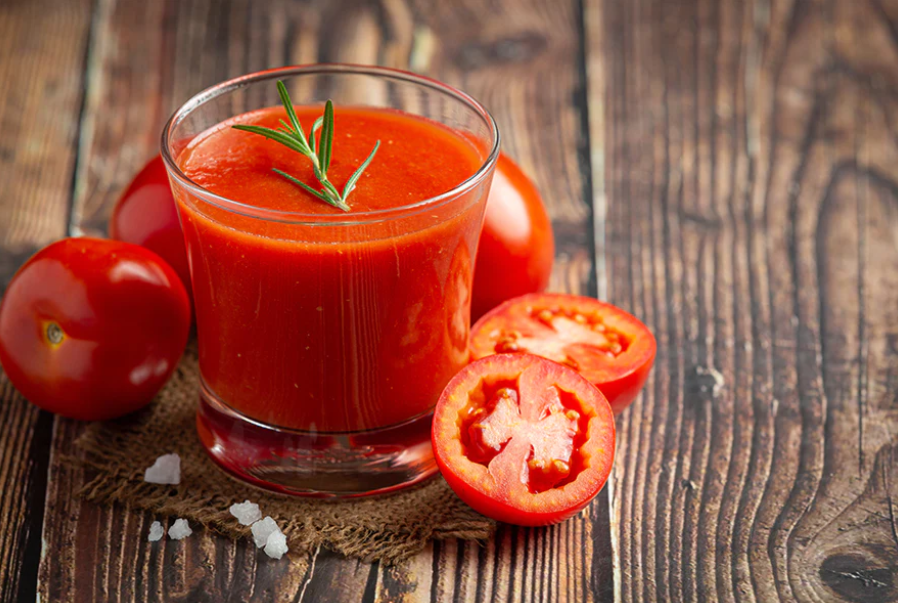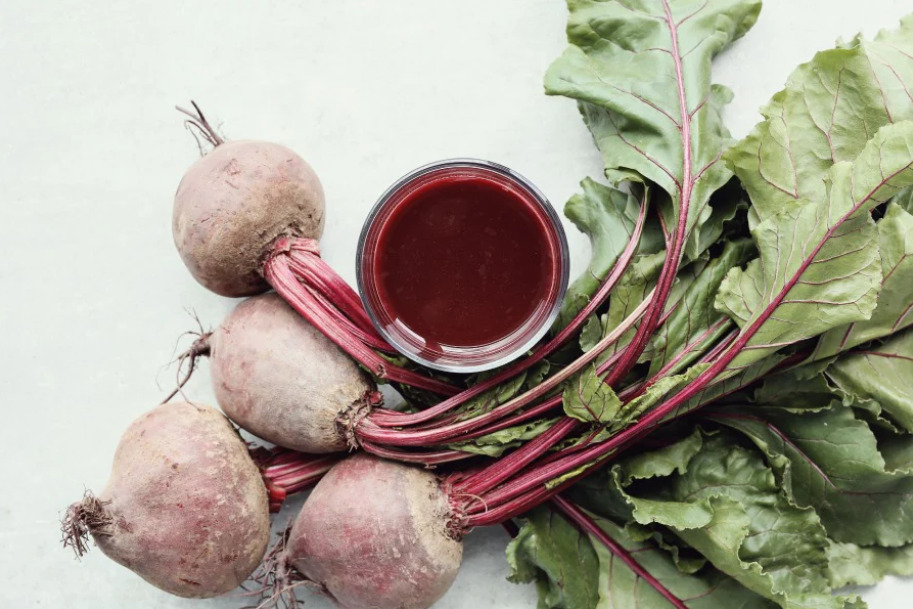Curd is fermented milk rich in calcium and protein.
Vitamin B and zinc, which are found in milk products, can help to maintain hair shaft strength and health. This helps to prevent hair loss and promotes stronger, healthier hair.
- You can combine curd with other hair-strengthening ingredients to make a healthy, hair mask called deep conditioning of the hair. This hair mask can be used to treat damaged hair, dry hair, itchy scalps, or hair dandruff.
- A deep hair conditioning mask can help save your hair from excessive pollution and dust.
- It also helps if your hair is damaged by excessive heat tools, excessive styling, or use of other hair products like colour, hair dyes and smoothening.
- It is rich in fat and helps to treat dry hair. It also moisturizes your hair and keeps them soft.
- Curds contain lactose, which helps clean the scalp and remove dead skin cells. It also cleans your skin pores , which aids in hair growth .
Curd for hair growth.
Before you use any of these hair masks, it is a good idea to consult a dermatologist.
For curd hair masks, you can use either homemade curd or store-bought curd. This curd should not be confused with the yogurt. Yoghurt is lower in lactic acid and has more healthy bacteria.
- Combine at least 1 cup curd with 3-4 tablespoons apple cider vinegar and 1 teaspoon organic honey.
- Combine the ingredients well. Apply the paste to your scalp, along with the shafts of the hair.
- This paste should be kept for between 30-40 minutes. If necessary, cover it with a showercap.
- Rinse the hair with mild shampoo and regular water.
How to wash hair after using curd.
Although curd can have many benefits, curd is a strong smell that will leave your hair smelling pungent.
There are some simple steps you can take to get rid of that unpleasant odor without worrying about getting any curd benefits.
Orange juice:Applying the orange juice to your hair after you have washed your hair with curd for about 10-15 minutes will give your hair an aroma that effectively muffles the pungent scent of curd.
Lemon juice : After removing the curd’s pungent scent, lemon juice will clean your hair and scalp. Spray the mixture of lemon juice and water onto your hair, and then wash it with regular water after 15 minutes.
Do I shampoo my hair after applying curd?
Apply a mixture of curd, other ingredients to your hair. This will help promote hair growth and remove any imperfections. After leaving the paste on your hair for about 30-45 minutes, rinse it off and then shampoo with a mild shampoo. This will keep dandruff under control and off your shoulders. Natural yogurt is rich in protein, which provides nourishment for hair.
Do not apply shampoo to your scalp too much as this can strip the scalp of its natural oils.
It is better to wash it with water and then apply lighter oil.
How long should you keep your hair curled?
Curd is rich with essential vitamins and nutrients that can be very beneficial to your hair. Curd helps in increasing hair growth as well as keeping your skin healthy and clear. You can use curd alone or with other important ingredients such as honey, egg and turmeric. After you have applied it, let it sit for between 30-40 minutes. For maximum benefits, rinse the product with normal water.
Hair growth
Curd has been used for centuries as a natural beauty ingredient to treat hair problems. Your grandmother may have suggested curd to you, regardless of whether your scalp is dry or covered in dandruff. Ever wondered why curd is so popular? Curd contains many important vitamins and minerals, including Vit C, Vitamin A, and E, Calcium, Zinc, Potassium, Biotin, Vit B12 and other healthy bacteria. These all contribute to hair that is shiny and glowing.
Types of hair problems
You can get rid of dandruff in your hair.
Mask ingredients
To treat dandruff, curd + lemon + honey can be used at least once per fortnight.
Types of hair problems
Dry and frizzy hair issues.
Mask ingredients
To permanently treat the problem, you can use the curd mask which contains curd + honey + banana It can be used once per 15 days.
Types of hair problems
You have damaged hair.
Mask ingredients
To get rid of this problem, you can make a mask with curd + eggs + coconut oil. It can be done once every two weeks.
Note
Before you give it a shot, make sure to perform a patch test on all the ingredients.
Side effects of hair curd
People have had severe skin reactions to milk products such as curd. Many hair experts recommend that you do a patch test before applying any of these ingredients.
Sometimes, the oil in curd can make your hair too oily. This can cause concern for people with oily hair or scalps. This is an important consideration before you apply curd to your hair.
It has been observed that curd masks can leave a bad odor on hair after they are removed. To get rid of that unpleasant smell, you can wash hair with orange juice or fresh lemon juice.
Conclusion
Although curd is not recommended for use directly on the face, it is an effective and widely-practiced home remedy. Curd has many health benefits due to its nutrients, which include important vitamins and healthy probiotics. Curd is also great for hair and skin. It has been used for centuries without any known side effects.
FAQs
1. What happens to curd hair?
Curd is good for hair health as it takes care of hair and scalp. Curd’s high levels of biotin and zinc help to strengthen hair roots. This helps reduce hair loss. Curd is a natural hair booster and a great boost for overall hair growth.
2. Is it possible to directly apply curd to my hair?
For dandruff problems, curd can be used in combination with plant acids such as fresh lemon juice and apple cider vinegar to gently massage your scalp. Curd is an effective anti-inflammatory agent that soothes your scalp and prevents dandruff from returning. These probiotics in healthy curd help to reduce the fungal stage.
3. Do I need to oil my hair before using curd?
Curd, a rich dairy product, is natural moisturizing agent for your hair and skin. You can apply curd to oiled hair but it’s best to mix it with oils before you massage it into your hair.
Refers
- Ethnopharmacological study of home remedies for hair and scalp, and their preparation methods in the West Bank-Palestine

